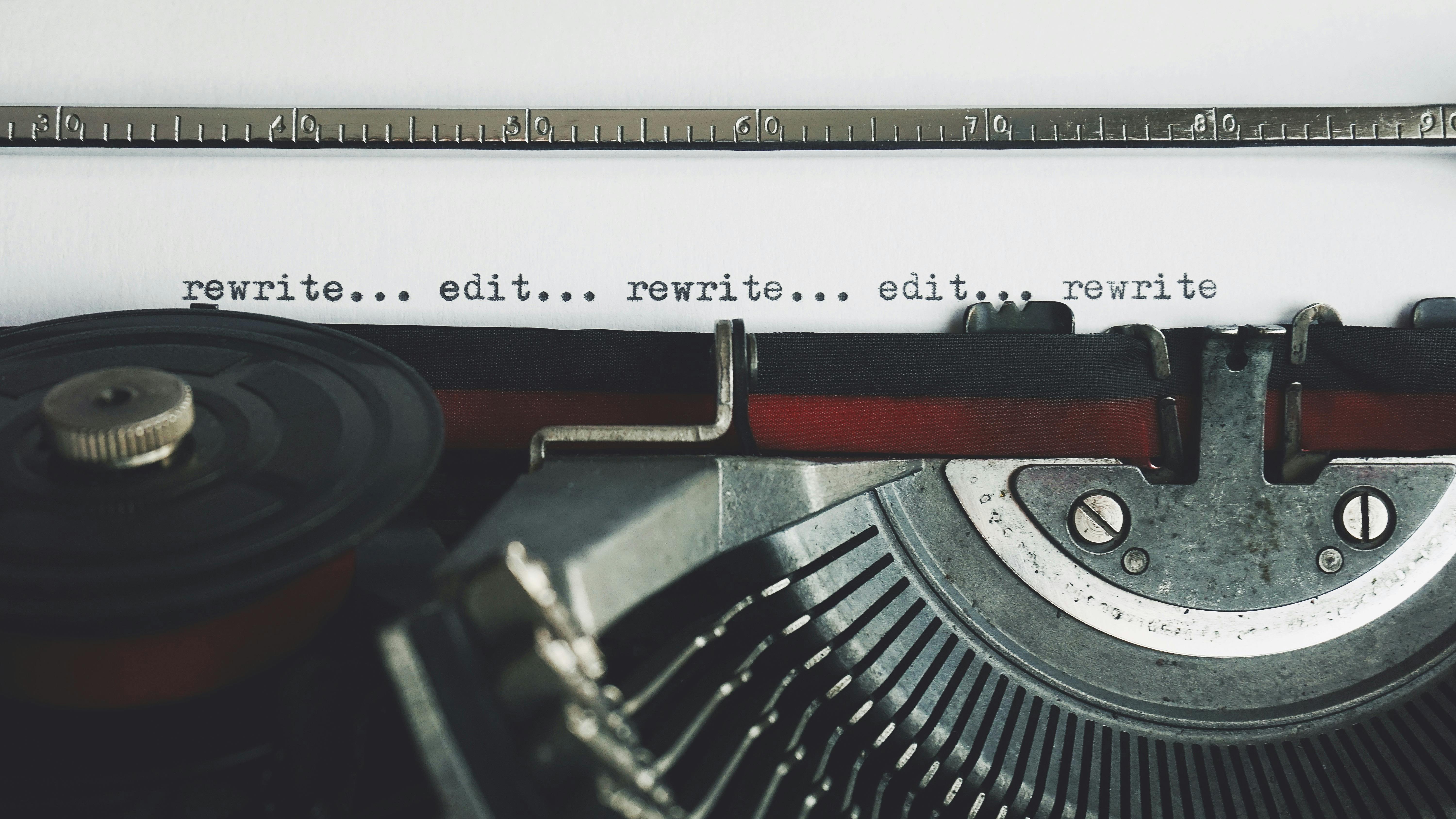Writing an academic book proposal can seem daunting, especially for beginning writers. However, by addressing four essential questions, you can craft a compelling scholarly book proposal that stands out to academic publishers.
Whether you’re aiming to have your book published by a major press like Princeton University Press or seeking to self-publish, these questions will guide you through the writing process.
Question 1: What is the Central Argument or Thesis of Your Book?
A strong central argument or thesis is the backbone of your academic book proposal. It distills your research into a single, compelling statement that captures the essence of your book. This thesis should be clear and specific, setting your book apart from previously published works.
Why It Matters
Academic publishers, including university presses, receive numerous book proposals, so your thesis must immediately convey the significance and originality of your book concept. This helps editors and peer reviewers understand what your book will contribute to the field and why it should be published.

Photo by Canva Studio, pexels
Tips for Crafting Your Central Argument
- Distill Your Research: Focus on the core argument that your entire manuscript will support. Avoid getting lost in the details.
- Examples of Strong Arguments: Look at successful proposals and published books in your field. Notice how they present their central arguments concisely.
- Draft a Concise Thesis Statement: Write a brief summary that encapsulates your book concept.
Action Step
Draft a thesis statement that clearly defines your book’s central argument. This statement will be crucial in both your book proposal and query letter to an academic publisher.
Question 2: Who is the Target Audience?

Photo by Pixabay, pexels
Understanding and identifying your target audience is vital for crafting a book proposal that appeals to both academic peers and a broader readership. Knowing who will benefit from your book helps in tailoring your proposal to their needs and expectations.
Why It Matters
Academic publishers, such as university presses, are more likely to accept book proposals that have a clearly defined audience. This not only ensures that your book will find its readers but also helps in marketing and positioning the book within the field.
Tips for Identifying Your Target Audience
- Differentiate Audiences: Identify both primary and secondary audiences. For instance, your primary audience might be graduate students and researchers, while your secondary audience could include professionals in related fields.
- Tailor Your Proposal: Address how your book meets the needs of your target audience, whether they are academic libraries, university presses, or individual scholars.
Action Step
Use a worksheet or set of questions to define your audience. Consider who will benefit most from your book and how you can reach them through academic publishing.
Question 3: What Makes Your Book Unique?

Photo by Anna Alexes, pexels
Highlighting what makes your book unique is crucial for standing out among the many proposals that academic publishers receive. This involves conducting a market analysis to identify gaps and showcasing your unique perspective, methodology, or findings.
Why It Matters
Academic publishing is competitive. To pass muster, your book proposal must demonstrate how your book fills a gap in the existing literature and offers something new and valuable to the field. This is particularly important for gaining the interest of well-known publishers and university presses.
Tips for Showcasing Your Book’s Uniqueness
- Market Analysis: Look at existing books in your field to find gaps your proposed book can fill. Analyze what has been previously published and identify areas where your book offers new insights.
- Unique Perspective: Emphasize what differentiates your book from others. This could be a novel methodology, unique findings, or a new theoretical approach.
Action Step
Create a competitive analysis chart that compares your book to other scholarly books in your field. Highlight your book’s unique features and explain why it will be widely cited and influential.
Question 4: How Will You Structure Your Book?

Photo by Suzy Hazelwood, pexels
A well-organized structure is essential for your book proposal. It demonstrates to academic publishers that you have a clear plan for your book, making it easier for them to envision the finished manuscript.
Why It Matters
A clear structure helps editors and peer reviewers understand the scope and flow of your book. It also shows that you have thought through the entire book project, from the introduction to the conclusion, and that you are capable of delivering a coherent and comprehensive manuscript.
Tips for Structuring Your Book
Chapter Outline: Provide a detailed chapter outline, including brief summaries of each chapter. This helps peer reviewers and editors understand the flow and scope of your book.
Consistent Format: Use a consistent format for chapter breakdowns to enhance clarity and professionalism.
Action Step
Use a template or guide to structure your book proposal. Include a detailed chapter outline, sample chapter, and a summary of the entire manuscript.
Additional Components of a Book Proposal

Photo by Beyza Yalcin, pexels
In addition to addressing the four key questions, your academic book proposal should include several other components to strengthen your proposal package.
1. Cover Letter
Your cover letter should be concise and engaging, briefly introducing your book concept and its significance. Mention any previous publications or awards that establish your credibility as an author. A strong cover letter can make a positive first impression on editors and literary agents.
2. Query Letter
A query letter is similar to a cover letter but typically shorter. It should succinctly convey the essence of your book, your qualifications, and why your book will appeal to the target audience. The query letter is crucial for grabbing the attention of literary agents and publishers.
3. Sample Chapters
Including sample chapters in your proposal provides a glimpse of your writing style and the quality of your research. Choose chapters that best represent your book and demonstrate its strengths.
4. Full Manuscript vs. Proposal
Some academic publishers and university presses may request a full manuscript, while others prefer a detailed proposal with sample chapters. Be prepared to submit a complete manuscript if requested, especially if you are approaching well-known publishers or seeking to publish books that require extensive peer review.
5. Proposal Length
The length of your book proposal can vary, but it should be comprehensive enough to cover all key aspects of your book while remaining concise and focused. Typically, a scholarly book proposal ranges from 10 to 20 pages, excluding sample chapters and other supporting materials.
6. Peer Review Process
Understanding the peer review process is crucial for academic publishing. Peer reviewers evaluate your proposal for its scholarly merit, originality, and contribution to the field. Their feedback can be invaluable for refining your manuscript and enhancing its chances of acceptance.
7. Multiple Submissions
It’s often a good idea to submit your book proposal to multiple presses simultaneously, especially if the presses allow it. However, be sure to mention in your cover letter that you are making multiple submissions, and be prepared to negotiate terms if you receive multiple offers.
Writing an academic book proposal involves answering key questions about your book’s central argument, target audience, uniqueness, and structure. By addressing these questions thoroughly, you can create a compelling proposal that attracts academic publishers and helps you get your book published.
Additional Resources
- Sample Proposals: Look at examples of successful proposals from major presses like Princeton University Press.
- Books on Proposal Writing: There are numerous books available that provide detailed guidance on writing academic book proposals.
- Contact Information: Reach out to experienced authors, literary agents, and academic presses for feedback and advice.
Remember, writing a book proposal is a crucial step in the academic publishing process. Take your time, seek feedback, and don’t hesitate to make multiple submissions to different publishing houses. With perseverance and a well-crafted proposal, you’ll be on your way to becoming a published author.
More Resources
For those looking to delve deeper into the process, here are some additional resources that can provide further guidance and support:
* Writing Workshops: Many universities and professional organizations offer workshops on how to write an academic book proposal. * Consultation Services: Consider hiring a literary agent or professional editor to review your proposal and provide constructive feedback. * Online Communities: Join online forums and social media groups where you can connect with other scholars and share tips and experiences.
By leveraging these resources, you can refine your proposal and increase your chances of success in the competitive world of academic publishing. Good luck with your book project!









